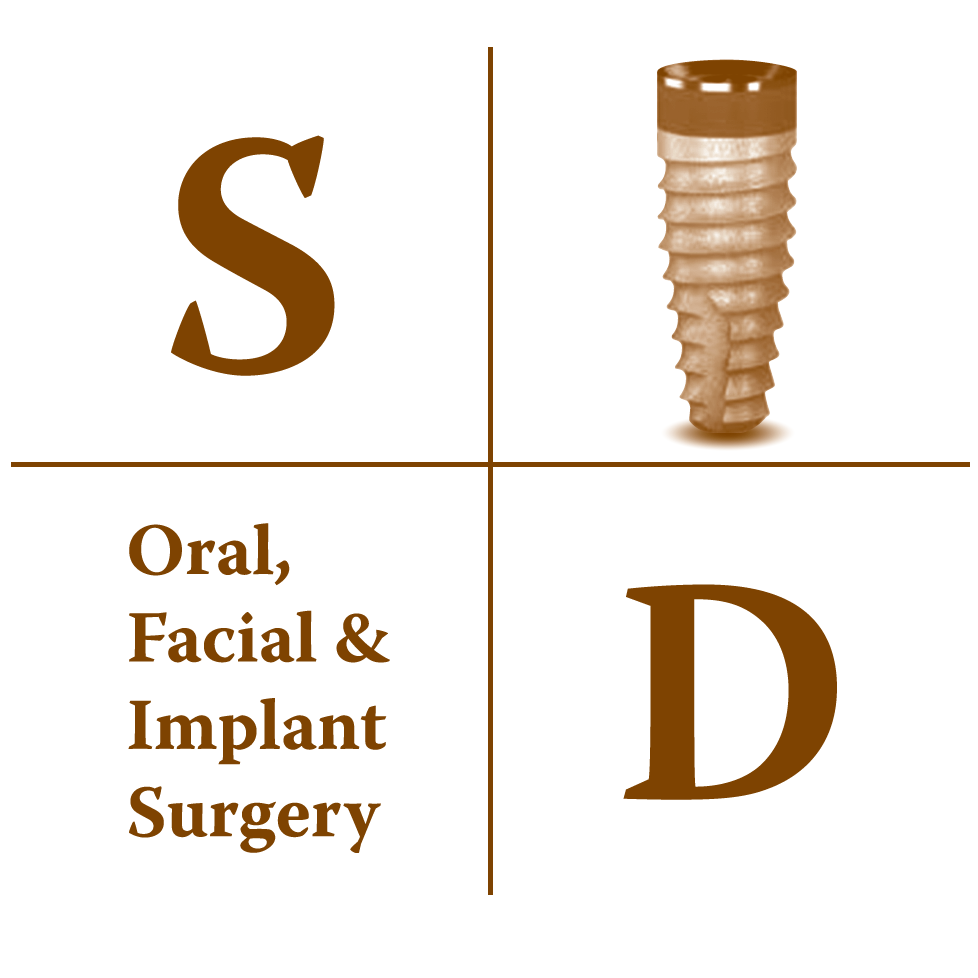Wisdom Teeth Extraction
What are wisdom teeth?
The third molars, also referred to as “wisdom teeth”, are the last teeth in your mouth to develop. They are located at the very back of your upper and lower jaws. Most people have a total of 4 wisdom teeth, although there are a lucky few who are born with less or even none! If there is adequate space for the wisdom teeth, they can erupt completely into the mouth and be used to chew like any other teeth. If there is not adequate space in the mouth for the wisdom teeth to erupt, they remain completely or partially covered by the gums or bone. These are referred to as impacted wisdom teeth.
Why Should I Have My Wisdom Teeth Removed?
As mentioned above, the wisdom teeth are the last teeth to develop and erupt into the mouth. When there is enough room for them to come out and the gum tissue surrounding them is healthy, wisdom teeth do not need to be removed. These teeth are treated like all other teeth in the mouth and should be brushed/flossed daily and examined regularly by your general dentist.
Unfortunately, it is relatively uncommon to have enough space for healthy and maintainable wisdom teeth. As these teeth develop, they attempt to find a pathway into the mouth despite the lack of space. They may grow horizontally towards your other teeth, partially emerge through the gums, or remain completely covered by your gums and bone. Teeth that are poorly positioned and impacted often require extraction to prevent a number of serious complications.
When the wisdom teeth are partially erupted, a small opening of the gums around the tooth allow for bacteria and food particles to access the tooth. The majority of the tooth surface is covered by gums, however, and therefore impossible to maintain clean (even for the most professional brushers and flossers)! This combination of easy bacterial access and difficult hygiene often results in an infection which can result in facial swelling, pain, difficulty opening, and systemic illness like fever and chills. If left untreated, serious dental infections can lead to hospitalization requiring urgent surgery, need for IV antibiotics, and even death from airway obstruction or sepsis.
Other serious complications of leaving impacted wisdom teeth untreated include:
Pain
Tooth decay
Damage to neighboring teeth
Misalignment of other teeth
Cysts
Tumors
Increased risk of jaw fracture
Simply removing the impacted wisdom teeth usually resolves these problems. Early removal is recommended to avoid risk of future problems and to decrease the surgical risk involved with the procedure.
What is the process of getting my wisdom teeth removed?
During your initial consultation visit, you will meet one of our experienced oral and maxillofacial surgeons to discuss our findings and your oral health goals. Only necessary radiographs will be obtained and an individualized treatment plan will be developed to suit your personal needs. All pre-operative paperwork will be completed during the consultation and you will receive your post-operative prescriptions to ensure the day of your procedure is as stress-free and smooth as possible. During the consultation you will have the opportunity to address any questions or concerns you may have about your diagnosis, treatment, and options.
For patient comfort, most cases of wisdom tooth extractions are performed under General Anesthesia. Anesthesia options, as well as the surgical risks, will be discussed with you before the procedure is performed. Upon discharge, you will receive a post-operative kit which includes extra gauze, written post-operative instructions, and a follow-up appointment.
Our services are provided in an environment of optimum safety that utilizes modern monitoring equipment and staff who are experienced in anesthesia techniques.

